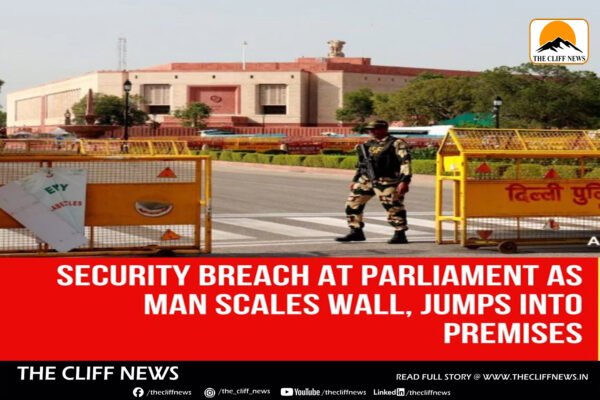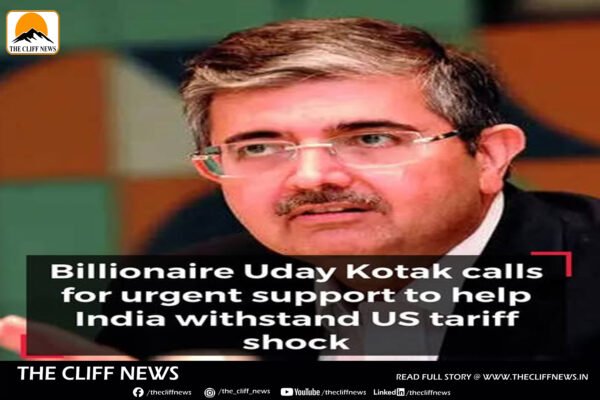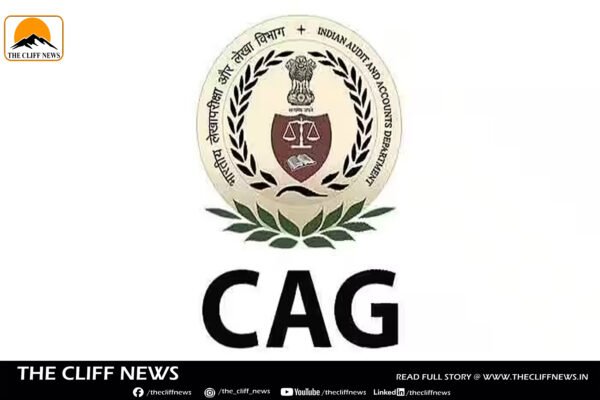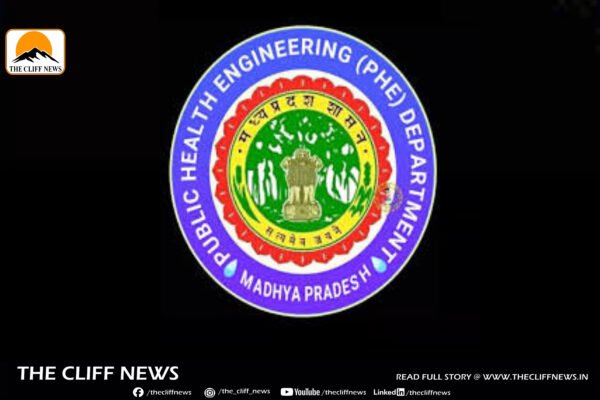Jaishankar Slams US Tariff Move on Russian Oil, Calls It “Perplexing”
Moscow — Taking sharp aim at the Trump administration, External Affairs Minister S Jaishankar on Thursday expressed strong displeasure over Washington’s decision to impose an additional 25 per cent tariff on India’s energy imports from Russia. Speaking alongside Russian Foreign Minister Sergey Lavrov, Jaishankar said he was “very perplexed” since it was the US itself that had urged India to stabilise global energy markets by purchasing Russian oil. “We are not the biggest purchasers of Russian oil—that is China. We are not the biggest buyers of Russian LNG—that is likely the European Union. Nor are we the country with the largest trade surge with Russia after 2022. Yet, despite being encouraged by the Americans to buy oil from Russia for stability, we are now penalised. So quite honestly, we are very perplexed at the logic,” Jaishankar said. The minister’s comments come after repeated criticism from senior US officials, including Treasury Secretary Scott Bessent, White House Trade Advisor Peter Navarro, and President Donald Trump, who accused India of “fuelling Russia’s war machine.” The new tariff, New Delhi argues, unfairly targets India while larger consumers of Russian energy remain unaffected. Jaishankar, on a three-day visit to Moscow, later met President Vladimir Putin and held wide-ranging talks with Lavrov. Both sides reaffirmed their commitment to sustaining energy cooperation through trade and investments. Lavrov noted progress in hydrocarbons and stressed joint projects in Russia’s Far East and Arctic shelf. On Wednesday, Jaishankar had met Russian First Deputy Prime Minister Denis Manturov to discuss trade and economic ties. He called for unlocking the “full potential” of bilateral trade by addressing non-tariff barriers and regulatory hurdles. Expanding Indian exports in pharmaceuticals, agriculture, and textiles, he said, would help correct the current imbalance. Fertiliser supplies, skilled Indian labour in IT and construction, and long-term energy projects were also high on the agenda. Reviewing the broader relationship, Jaishankar described India-Russia ties as among the “steadiest of major relationships since the Second World War.” He cited geopolitical convergence, leadership-level contacts, and popular sentiment as key drivers, noting Prime Minister Narendra Modi’s two visits to Russia last year and recent phone calls with President Putin. Connectivity projects such as the International North-South Transport Corridor, the Chennai–Vladivostok maritime route, and cooperation in the Northern Sea Route were also discussed as ways to expand Eurasian trade access. Highlighting defence as another cornerstone, Jaishankar underscored Russia’s support for India’s Make in India goals through joint production and technology transfer. With 60–70 per cent of India’s defence inventory linked to Russia, systems such as the S-400 continue to play a critical role in India’s security preparedness, including during the hostilities following Operation Sindoor in May.










